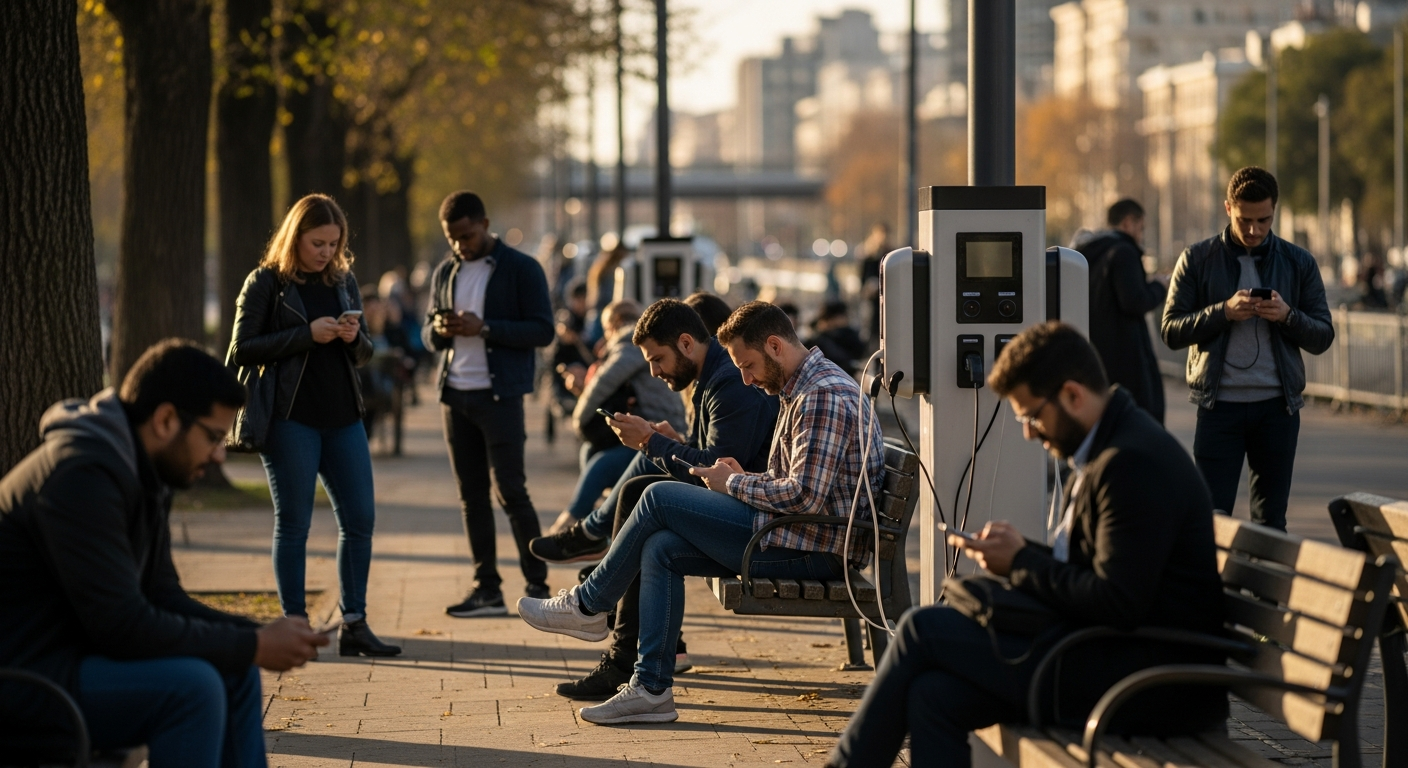The Emergence of Slow Living: The Antidote to Modern Life's Fast Pace
In this frenzied world, where speed is the new normal, a counterculture is making a steady rise. The Slow Living Movement, a socio-cultural trend advocating a shift from haste to harmony, is gaining traction. This movement is a response to the rapid modern lifestyle, encouraging individuals to live more consciously and enjoy life's simple pleasures. Read below to learn more about this intriguing cultural shift and its potential implications for society.

Unraveling the Slow Movement’s Origins
Slow Living’s roots can be traced back to the Slow Food Movement of the 1980s. This Italian-born response to fast food sought to preserve traditional and regional cuisine, promoting local farming and sustainable agriculture. Over time, the philosophy of slowing down and appreciating life’s simple pleasures expanded beyond food, influencing aspects like work, travel, and education. It marked the birth of the Slow Living Movement, a conscious effort to decelerate life’s pace and relish in its details.
The Slow Living Movement Today
Now, Slow Living is more than a trend—it’s a lifestyle choice. It’s about making conscious decisions—to work less, to consume less, to hurry less. It’s about embracing quality over quantity, focusing on relationships, and valuing experiences over possessions. With rising concerns over mental health and burnout, the appeal of Slow Living has never been stronger. It’s a cultural shift that’s slowly permeating the cracks of our fast-paced society, offering a much-needed antidote to the relentless pursuit of ‘more.’
The Societal Impact of Slow Living
The Slow Living Movement, though seemingly individualistic, has far-reaching societal implications. It challenges the concept of success defined by productivity and consumption. It encourages societal change, advocating for a slower, more sustainable way of life. The implications are vast—from reduced environmental footprint to improved mental health and stronger communities. It’s a movement that compels us to reassess our priorities and redefine our notion of happiness.
Slow Living: A Research-Backed Perspective
Research supports the principles of Slow Living. Studies show that slowing down can boost mental health, improve quality of life, and increase happiness. It can reduce stress, enhance creativity, and foster deeper connections with others. By promoting mindfulness and conscious living, Slow Living aligns with psychological theories of well-being, offering a scientifically grounded alternative to our speed-obsessed culture.
Navigating the Future: Slow Living and Beyond
The Slow Living Movement is more than a passing trend—it’s a cultural shift that could shape the future of society. As we grapple with the consequences of our fast-paced lifestyles—burnout, environmental degradation, social disconnect—the appeal of a slower, more mindful approach to life grows. By embracing the principles of Slow Living, we can hope to create a more sustainable, balanced, and fulfilling future.
In a world where speed is prized, Slow Living offers a refreshing perspective, reminding us that sometimes, slower is better. As we move forward, it’s a concept worth exploring—a potential antidote to the frantic pace of modern life.






